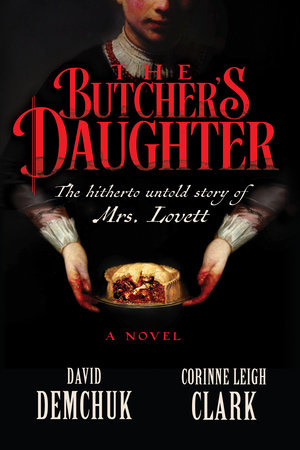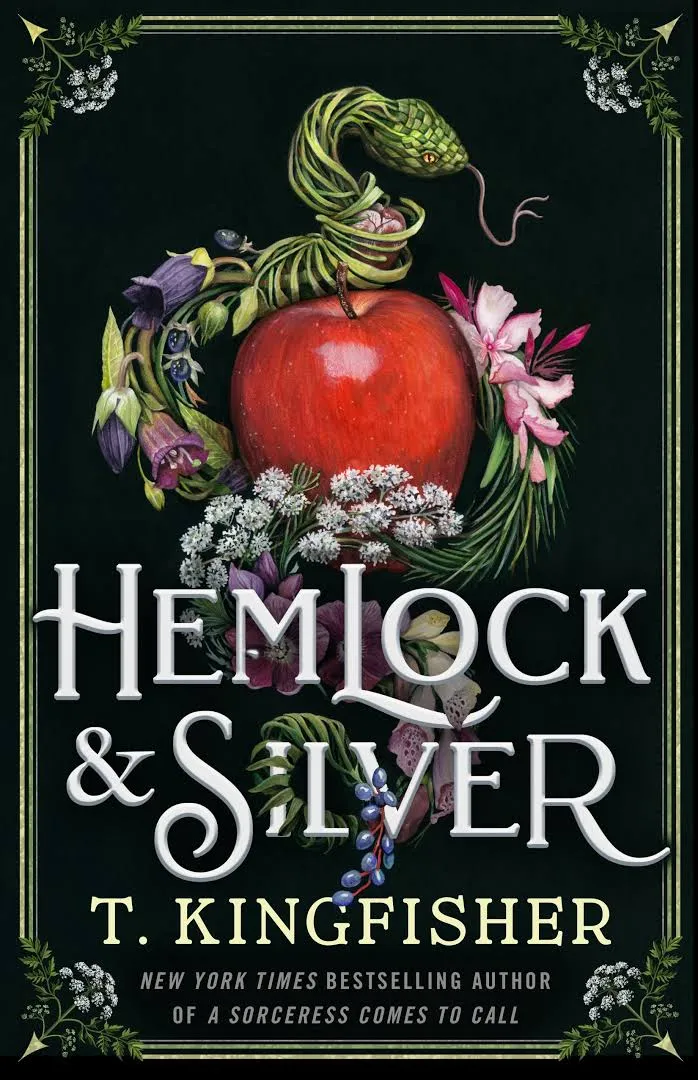The Importance of the Slush Pile
- Chyina Powell

- Sep 28, 2021
- 3 min read
Ever wanted a job in the publishing industry and got stuck making your way through the slush pile, whether it was paper or electronic? After being delegated that task, what did you think? Were you upset? Did you think you could be using your talents elsewhere? Well, the slush pile is full of hidden gems and I am going to share with all of you the benefits of reading through slush piles. (And for those that don’t know what slush piles are, they are the giant pile of unsolicited submissions a publication gets. They also consist of submissions that come during a publication’s reading period that are not meant for a specific contest.)
Benefits of Reading the Slush Pile:
There are hidden gems in there.
You may find that one story that not only is loved by the editorial staff but that launches the writer’s career and takes that person to the next level.
Helps strengthen your own writing.
You begin to understand what things are deal breakers and what editors look for when they are seeking new pieces.
You are now able to catch grammar and punctuation mistakes easier because of exposure.
You may read their cover letters and can decide what factors are interesting enough to read the work in the first place.
Builds up your credibility.
You know what works well and what doesn’t. You also know how to send out a rejection letter which is pretty beneficial in the world of publishing.
You’ve handled enough rejection to the point that you can probably handle your own.
Once you understand all of the reasons why a piece may be rejected, and it isn’t always because they disliked it, you are more rational when your own work gets rejected. Case in point, a piece may be rejected because it does not fit with the theme of the publication’s upcoming issue or because it should’ve been read and workshopped to fix those plot holes that you can’t see because you’re too close to it.
You’ll handle submissions better.
A story or poem can be great but if the query is unprofessional, it may not be read, not even by the kindest of slush readers. You’ll have dozens of queries under your belt and you’ll see what separates the good, the bad and the enthralling. Next time you query, you won’t have to worry about your story rotting away never to see the light.
Networking!
What can I say, it works and it works well.
Don’t get me wrong, being a slush reader is a lot of hard work. For all the gems there are dozens more duds, there are pieces that are in no ways ready for publication or to be read at all. Having to read through the pile takes a lot of effort, tenacity and many a cup of tea, trust me as I am speaking from experience. Sometimes you have to wonder what made the writer send in a piece at all but they did it anyway.
My experience “reading submissions” made me a better writer because it taught me how to let things go and how to not handle my story as though it were an infant on life support that could only be cured with a “yes” from some literary magazine. So, if you are a writer or some other person hungry for experience in the publishing field, I would suggest volunteering to be a reader for a literary magazine. Especially with the craze of online submissions, magazines and presses need assistance going through thousands of pages. Volunteer? Yes, I said volunteer which means not get paid. You will appreciate the experience and if need be, it can go on a CV or resume and a thankful editor may be the best reference for those starting out in literature. It may feel like a slow trudge at first but it will get better and your writing will benefit as well.
If you have ever been a slush pile reader, how was your experience? Let me know in the comment section down below and as always, I’ll do my best to reply!
Happy reading!
Chyina




Comments